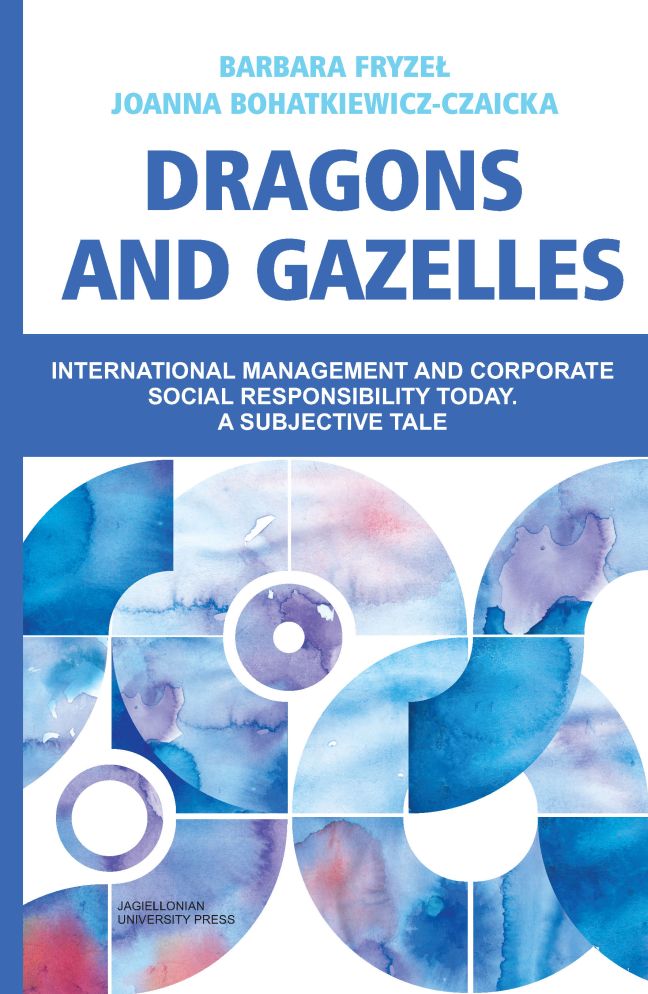 Dragons and Gazelles
Dragons and Gazelles Book contents
- Frontmatter
- Contents
- International Management Seen Holistically. Introductory Remarks
- The International Business Environment
- Capital Concentration: A Pre-Requisite or a Consequence of the Development of Transnational Corporations
- The Mechanisms of Internationalisation
- Global Marketing and Shaping Customers
- Cultural Aspects of a Global Market
- Social Perspectives of Business Internationalisation
- The Globalisation Project, Management and Crisis
- Case Studies
- References
- Appendix
- Index
- Miscellaneous Endmatter
Capital Concentration: A Pre-Requisite or a Consequence of the Development of Transnational Corporations
Published online by Cambridge University Press: 01 March 2024
- Frontmatter
- Contents
- International Management Seen Holistically. Introductory Remarks
- The International Business Environment
- Capital Concentration: A Pre-Requisite or a Consequence of the Development of Transnational Corporations
- The Mechanisms of Internationalisation
- Global Marketing and Shaping Customers
- Cultural Aspects of a Global Market
- Social Perspectives of Business Internationalisation
- The Globalisation Project, Management and Crisis
- Case Studies
- References
- Appendix
- Index
- Miscellaneous Endmatter
Summary
Capital concentration can be understood as a phenomenon related to the consolidation of industries and markets, where a given industry is dominated by a relatively small number of market actors who control a substantial share of the market. As such, it can be interpreted as a macro- phenomenon related to the process of globalisation led by foreign direct investments, but also as a micro-phenomenon related to the modes of international expansion and cross-border strategies led by businesses.
Transnational corporations—the dominant players on the global market—occupy a central position in the process of capital concentration, specifically through their capacity for growth based on mergers and acquisitions.
This is a result of competition intensifying on a global scale, correlated with the drive to achieve economies of scale and with the reduction of the product lifecycle; it is also a result of strategic moves by businesses seeking to build competitiveness through different forms of cooperation such as strategic alliances.
Direct factors of capital concentration include: the synergy effect, the maximisation of added value, obtaining access to new markets or acquiring new brands, competences or technologies, mass deregulation of the markets, and high costs of R&D and promotion.
A discussion of the advantages, disadvantages and mechanisms of capital concentration should be embedded in the context of its social consequences, namely those related to the perpetuation of a certain socio-economic status quo.
The dominance of the dynamics of capital income over the dynamics of income from labour shows that capitalism has the potential to generate inequalities, especially that such dominance can be sustained in the long run, while wealth accumulated in the past grows faster than wages or production (Piketty, 2014).
Capital concentration as an economic phenomenon is best illustrated by mergers and acquisitions, specifically those executed by transnational corporations. The volume of M&As and the nominal number of transactions both serve as good measures for capital concentration. At the same time, it is a phenomenon which tends to be more intense in certain industries, e.g. in financial services, media and communication, and energy. The same applies to the geographical characteristics of capital concentration, where a substantial proportion of M&A transactions were undertaken within the NAFTA region or related to the industrialised economies of Western Europe.
- Type
- Chapter
- Information
- Dragons and GazellesInternational Management and Corporate Social Responsibility Today. A Subjective Tale, pp. 29 - 38Publisher: Jagiellonian University PressPrint publication year: 2023


